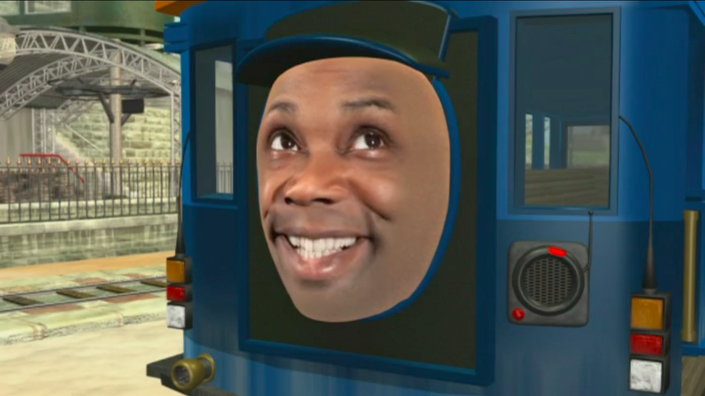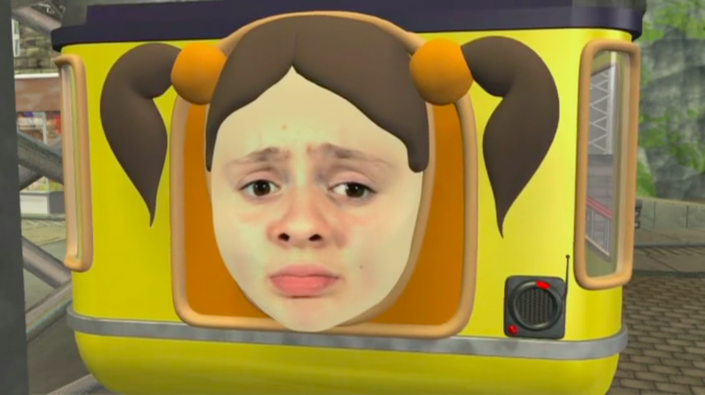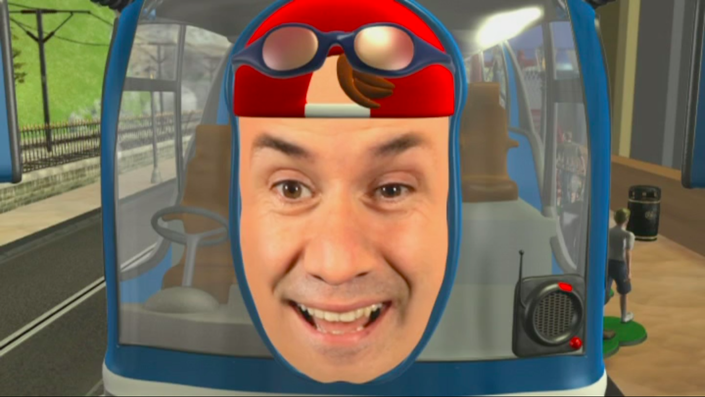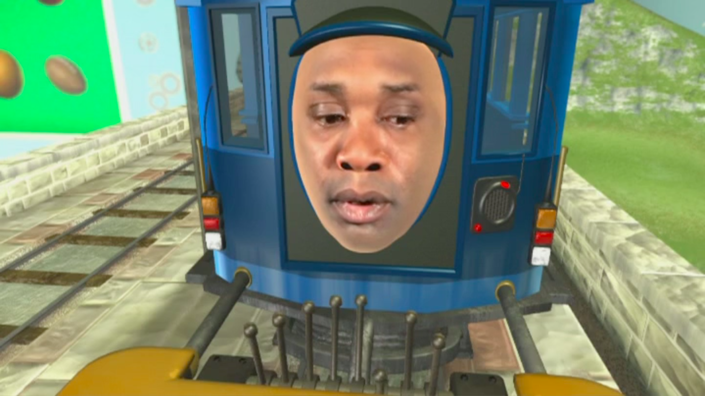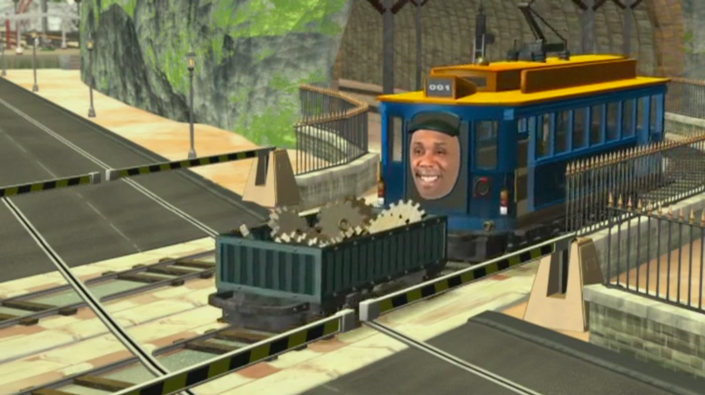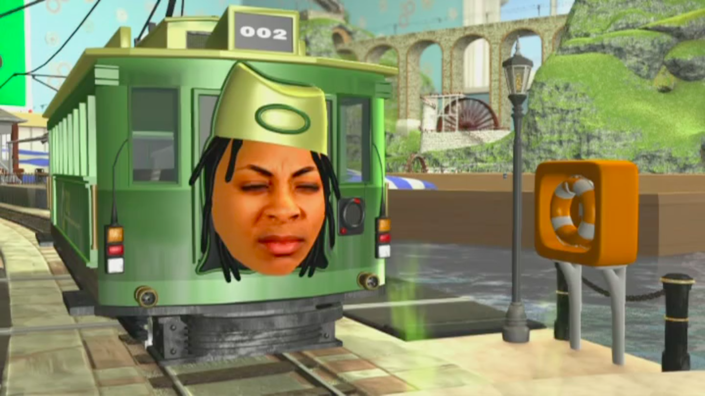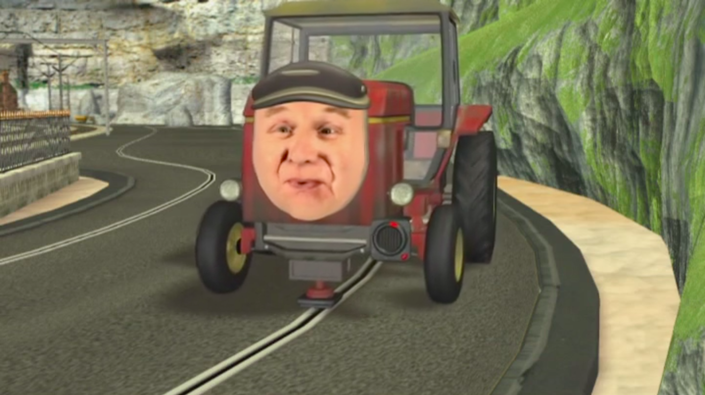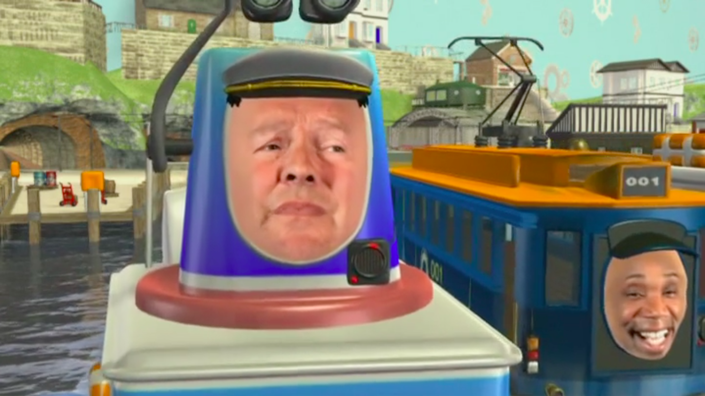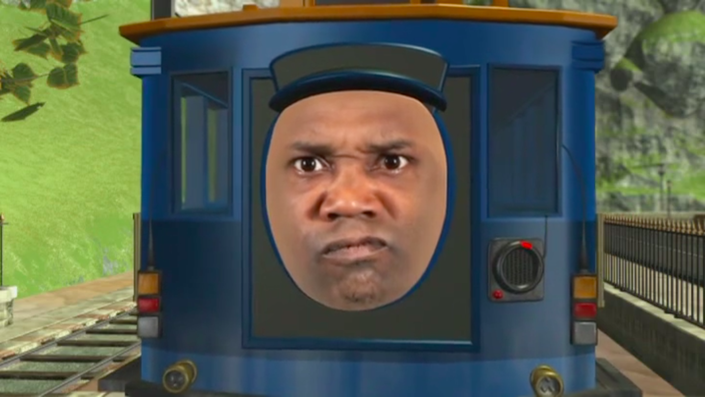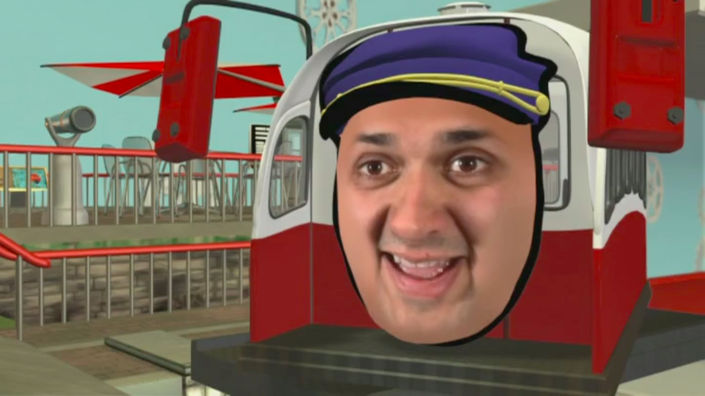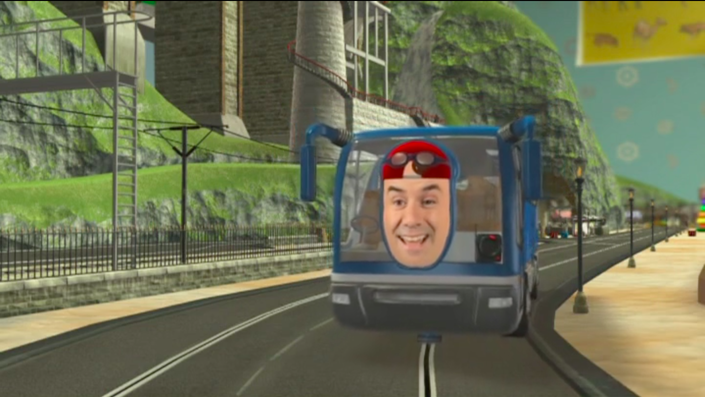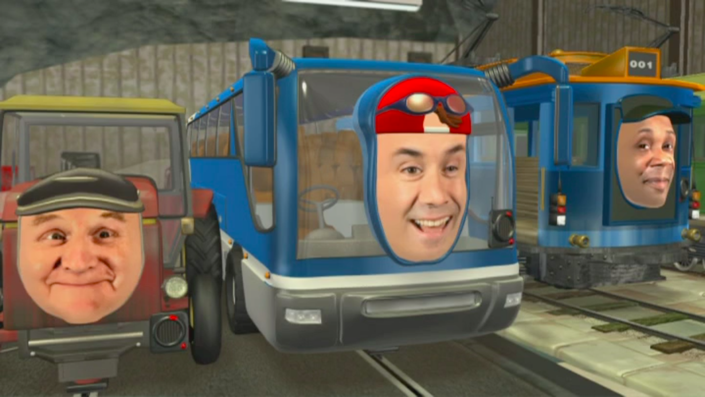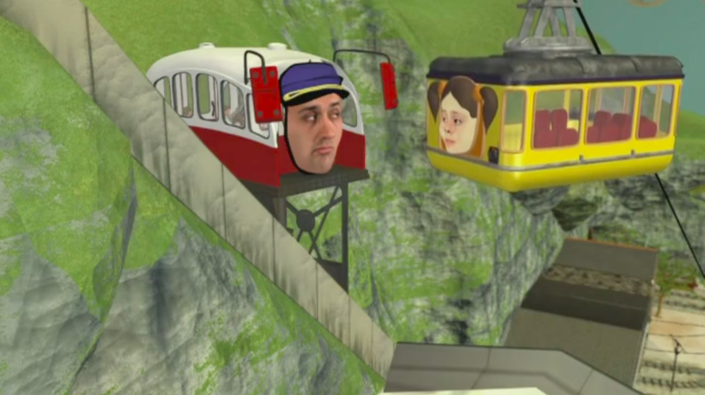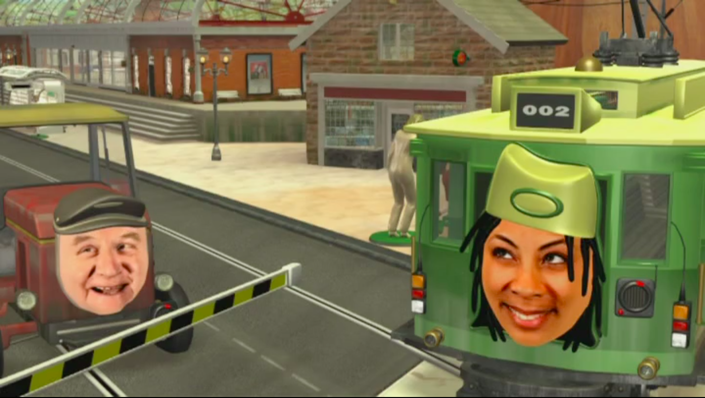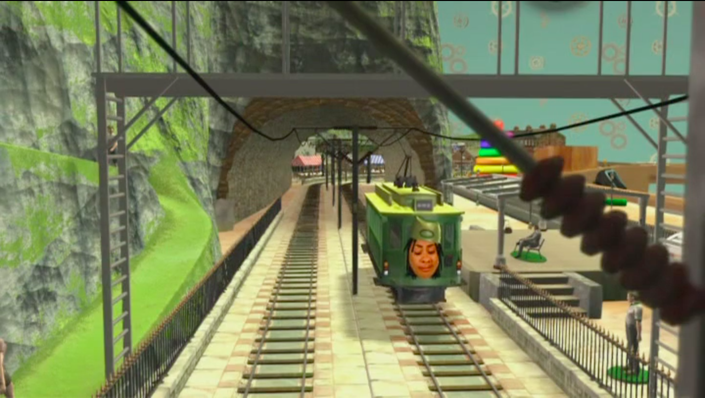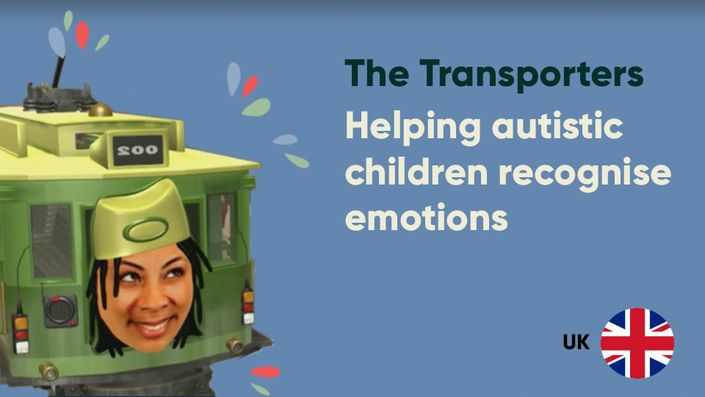
The Transporters (UK) | Teaching autistic children about emotions
A fun video series to help autistic children understand the causes of emotions, and the facial expressions that go with them. Narrated by Stephen Fry.
Purchase Product
The Transporters was developed with the Autism Research Centre at Cambridge University. It uses animated vehicles with real human faces to help children transfer learning to real life.
Episodes and quizzes are designed to be enjoyed repeatedly. Children love to watch them again and again - and this helps them learn.
The Transporters has been shown to work:
- The series has been tested with children with autism all the way through its development.
- The Transporters is fully evaluated.
- Thousands of families throughout the world are already benefiting from The Transporters.
- In 2010, The Transporters won the Association of Electronic Publishers’ Distinguished Achievement Award for Special Education Preschool.
- In 2007 The Transporters was nominated for a prestigious Learning Primary BAFTA award.
The Transporters has been created especially for children on the autistic spectrum who find it hard to recognise the causes of emotion and the facial expressions that go with them.
There are eight characters, all toy vehicles with their own personalities and function. They are part of a toy set in a child's bedroom, an environment that is designed to be predictable but not distracting. Each character has a real human (rather than a cartoon) face to make it easier for children to transfer their learning into real life.
The characters come to life when their owner, Jamie, goes off to school in the morning. A narrator helps children to focus on the facial expressions.
Episodes and quizzes are designed to be enjoyed repeatedly. Children love to watch them again and again - and this helps them learn.
Academic research behind The Transporters
The Transporters series has been evaluated by the Autism Research Centre for its effectiveness for children aged 4 to 8 with autism.
In all tasks on which the children were tested, most caught up their typically developing peers.
The results suggest that The Transporters is an effective way to teach emotion recognition to children with ASC and that the learning generalises to new faces and new situations.
Children with ASC who did not watch the DVD remained below typically developing levels.
Your Instructor
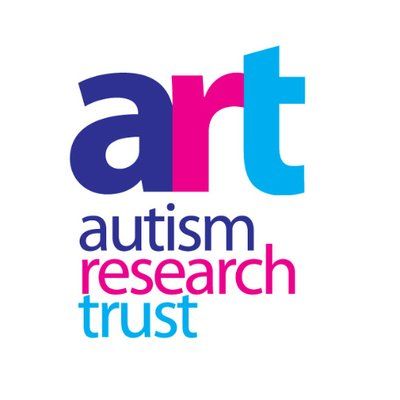
The Autism Research Trust is a UK charity that funds research to understand the causes of autism, improve diagnosis and explore interventions to ensure that autistic people receive the best possible support.
By investing in high quality research we can make a difference to the lives of those affected by autism, both now and into future generations.
Course Curriculum
-
PreviewThe Transporters’ Happy Day (5:08)
-
StartSally’s Sad Day (5:09)
-
StartNigel’s Slow Day (5:09)
-
StartCharlie Saves the Day (5:12)
-
StartA Very Exciting Day (5:08)
-
StartJennie’s Smelly Adventure (5:08)
-
StartBarney’s Special Day (5:07)
-
StartWilliam’s Scrapyard Nightmare (5:09)
-
StartCharlie’s Missed School Run (5:06)
-
StartOliver the Kind Funicular (5:08)
-
StartSlow Down Nigel! (5:07)
-
StartThe Great Race (5:09)
-
StartWhy Can’t I Be Someone Else? (5:19)
-
StartPlaying Around (5:08)
-
StartJennie’s Difficult Day (5:02)
Courses Included with Purchase
